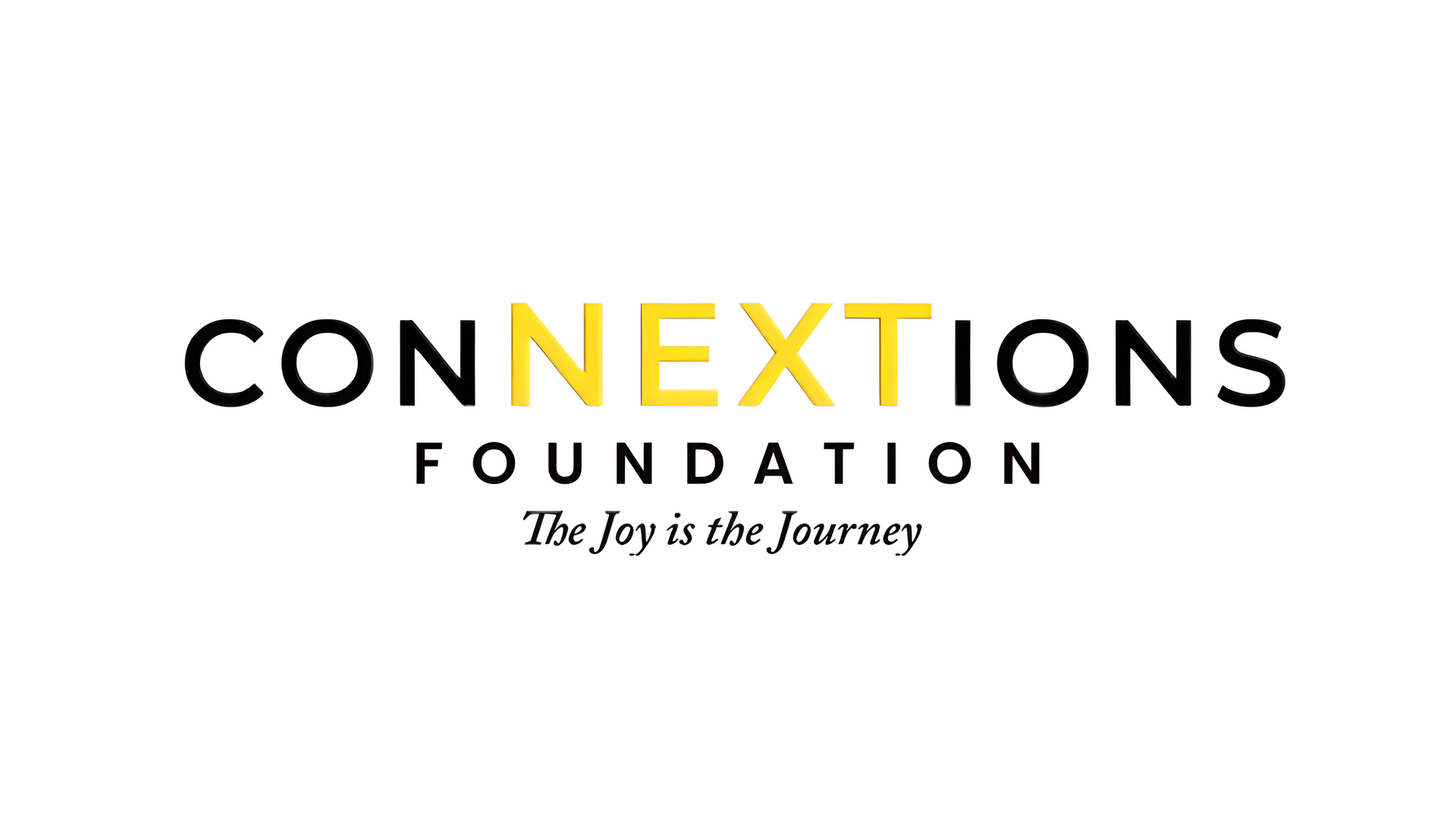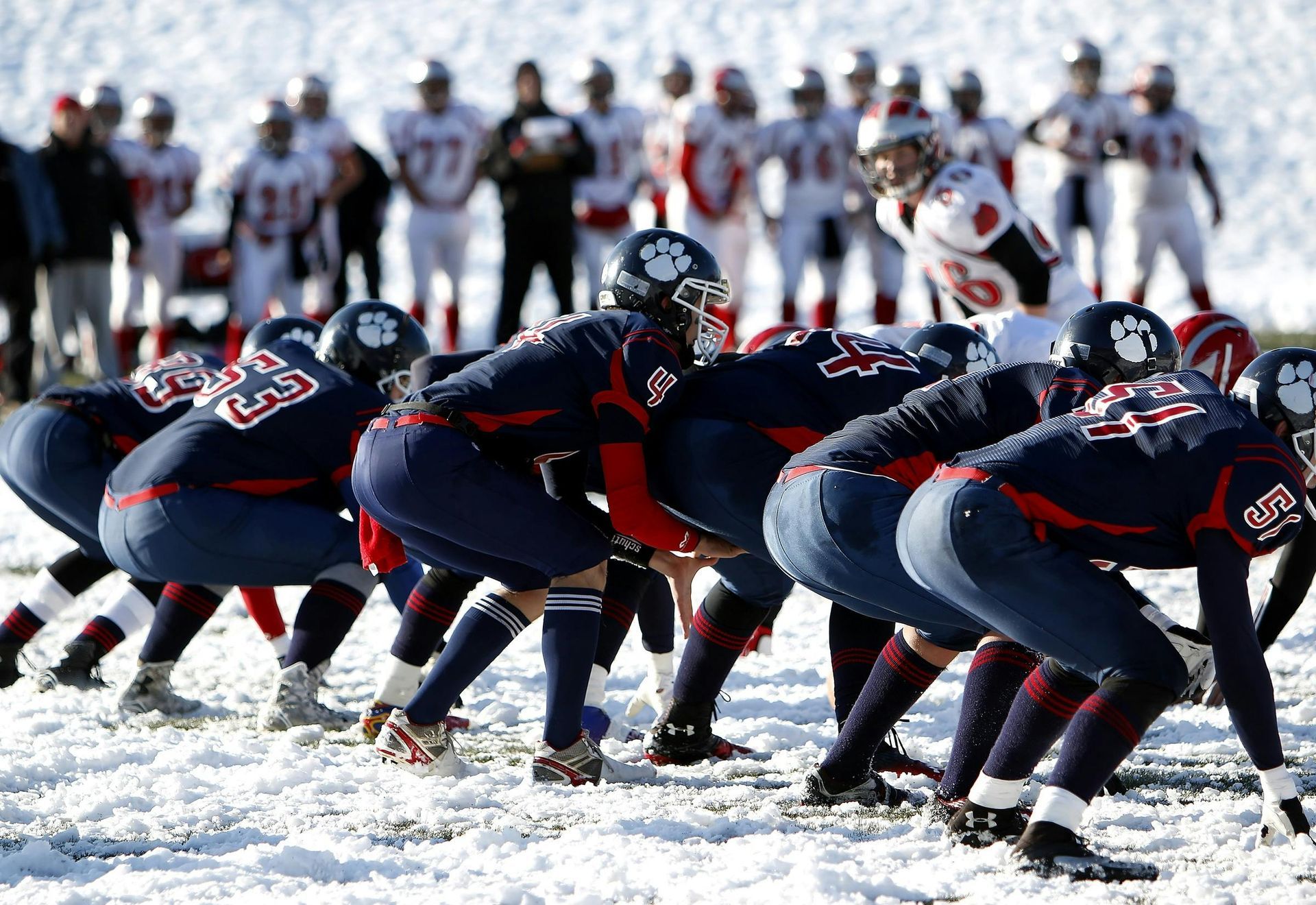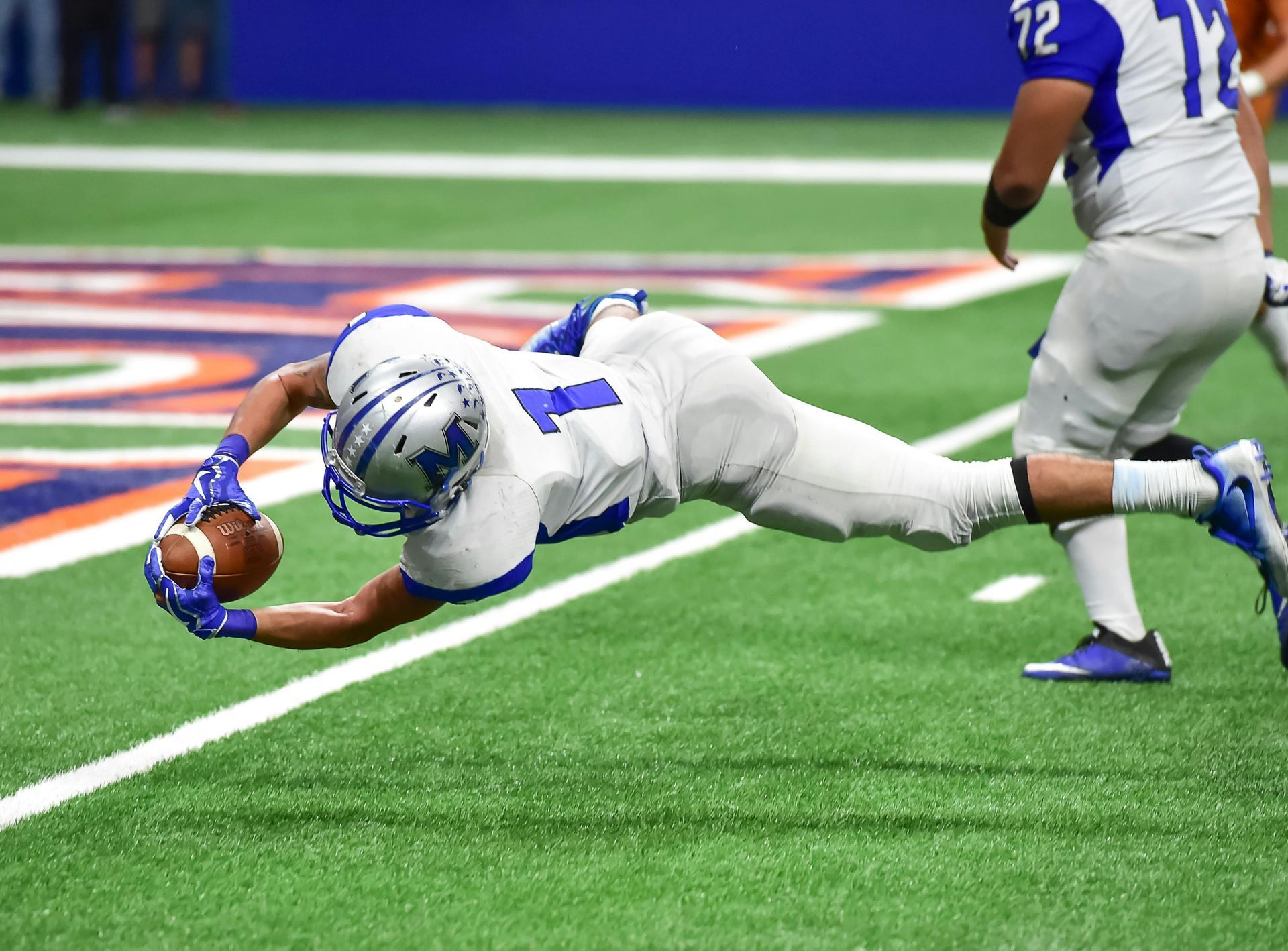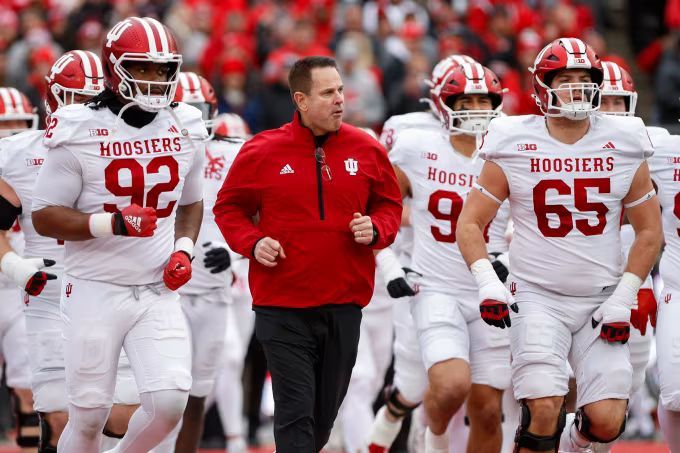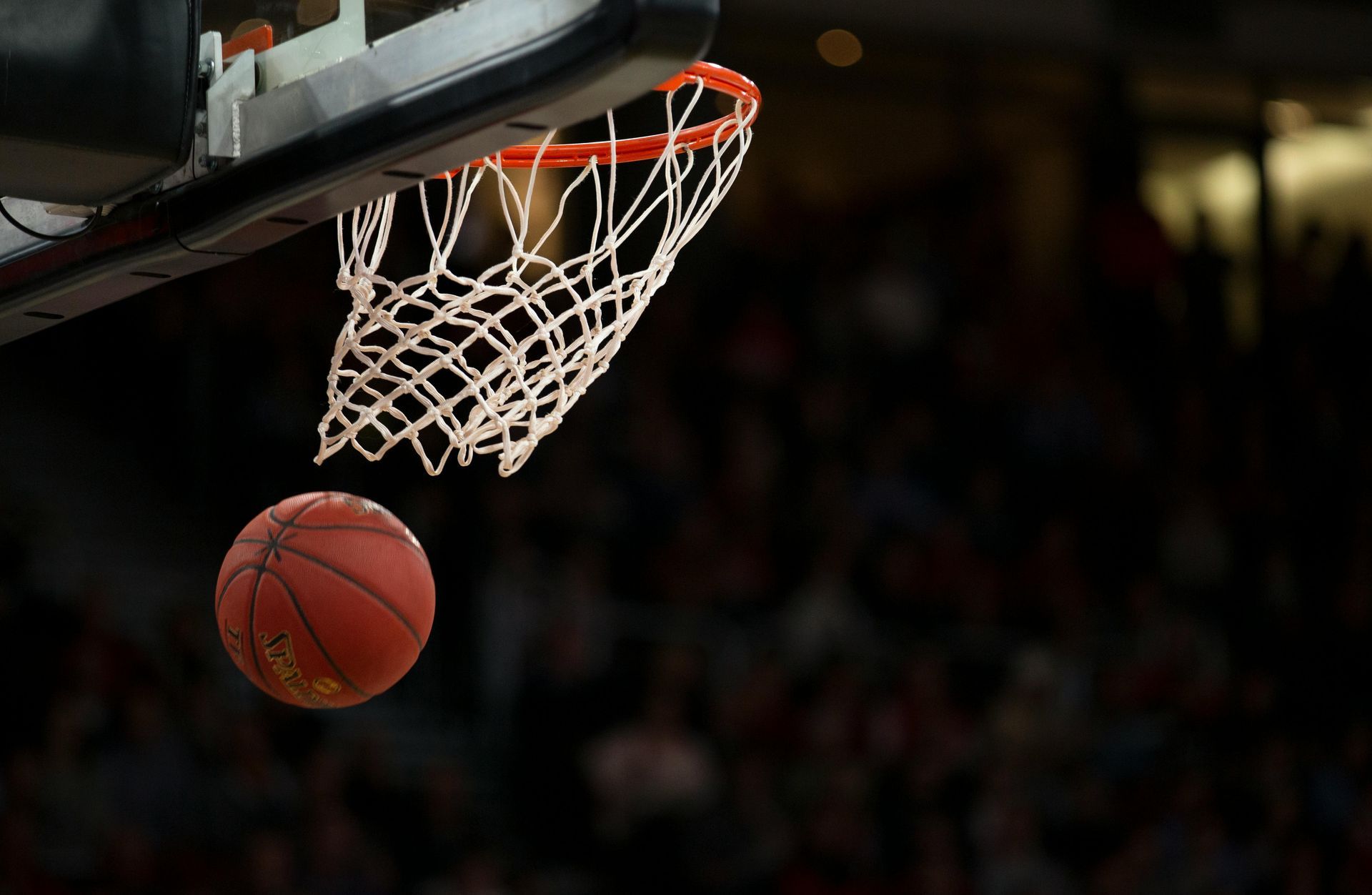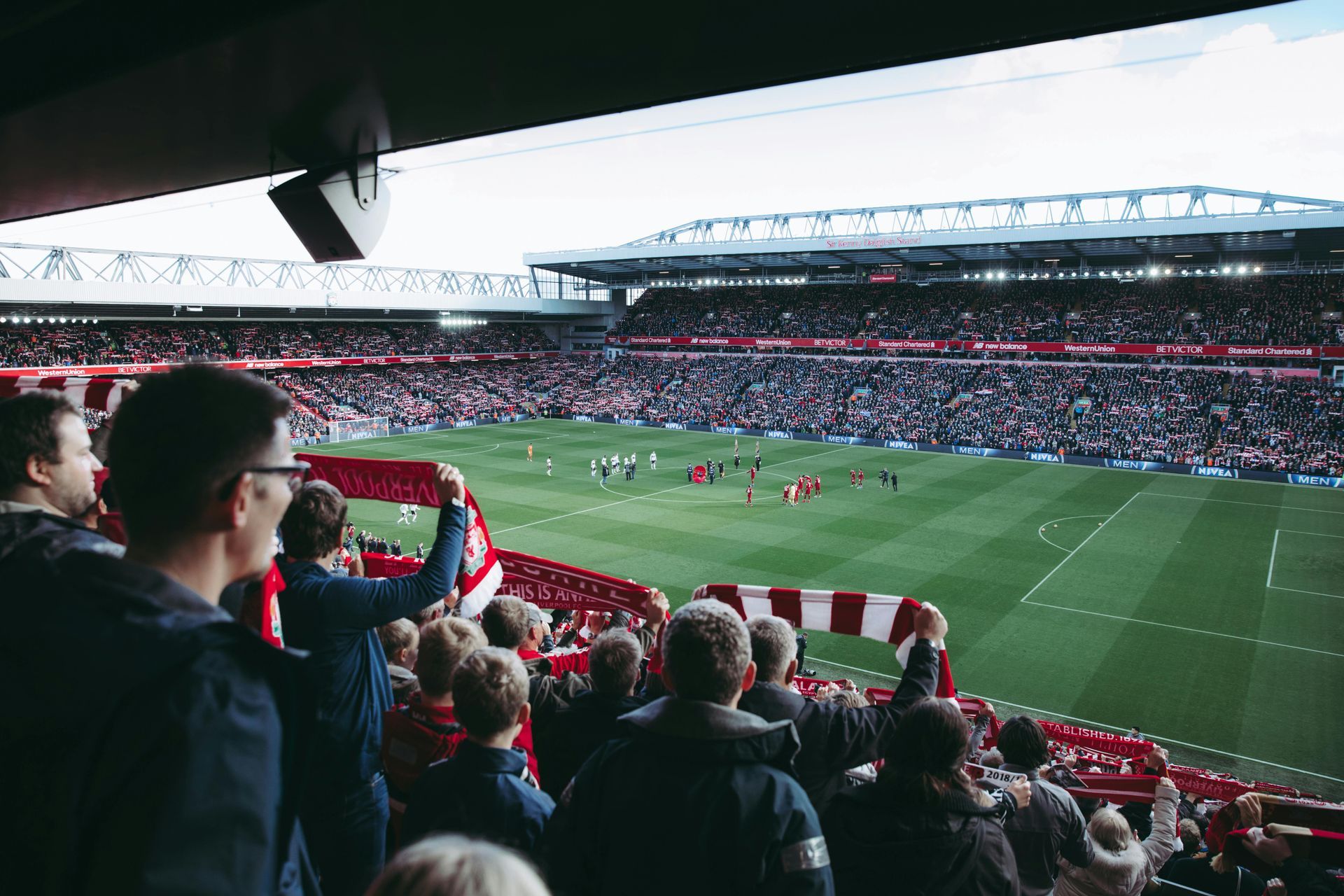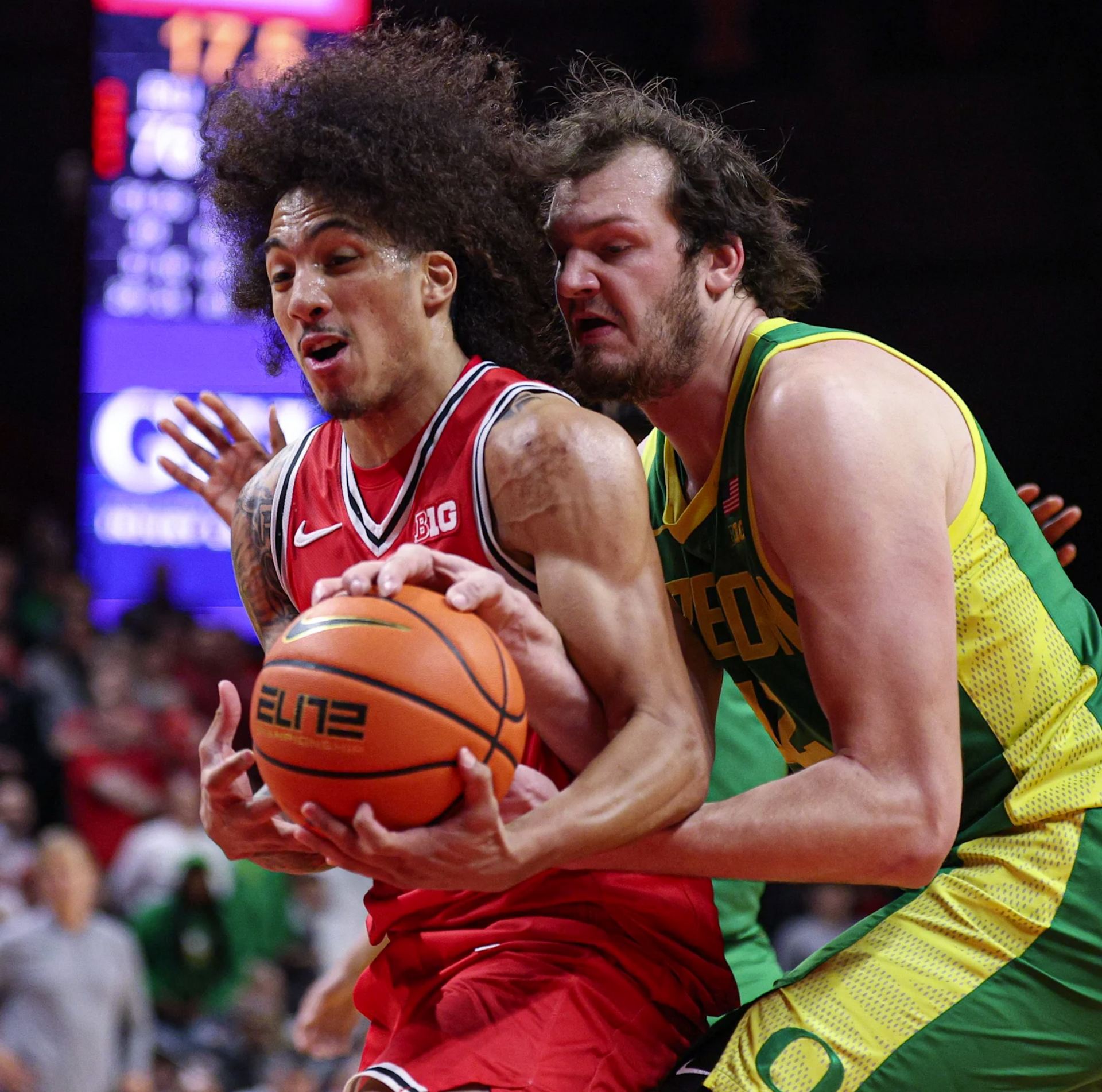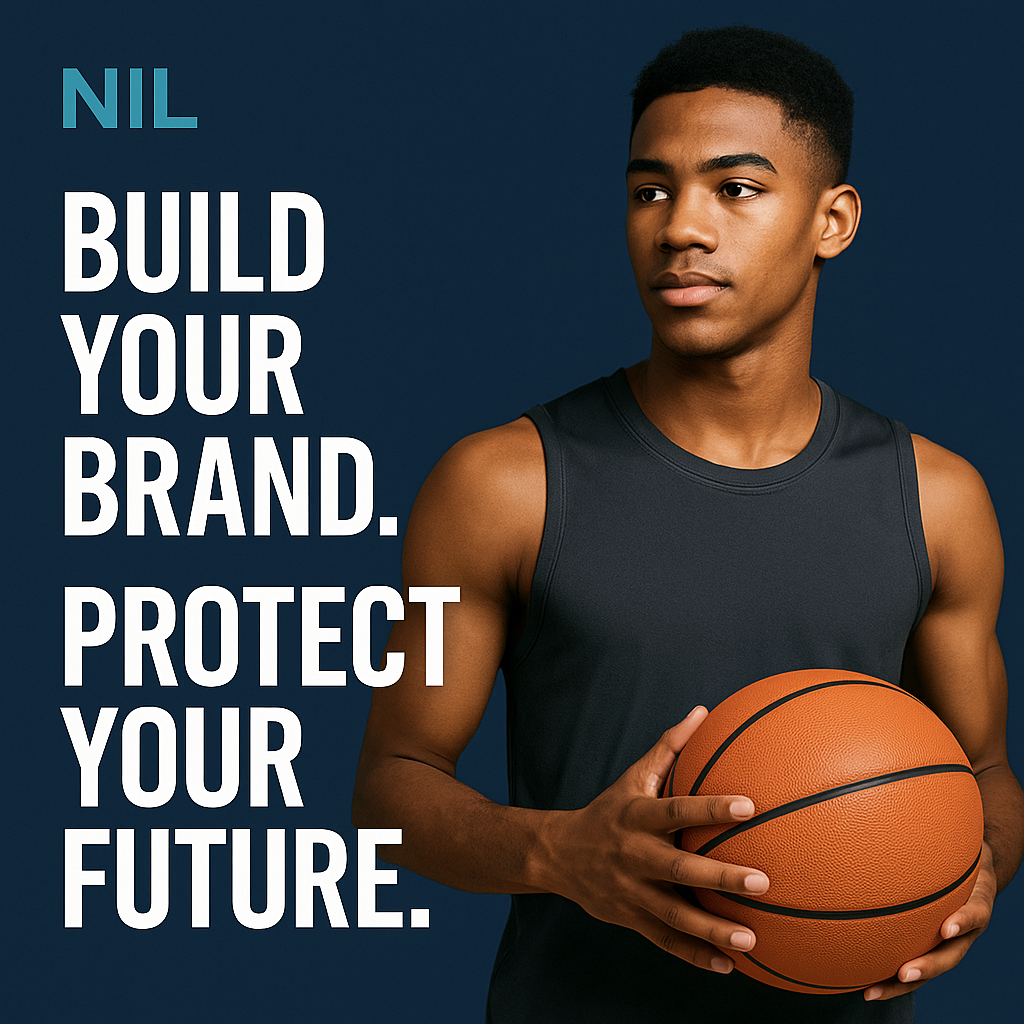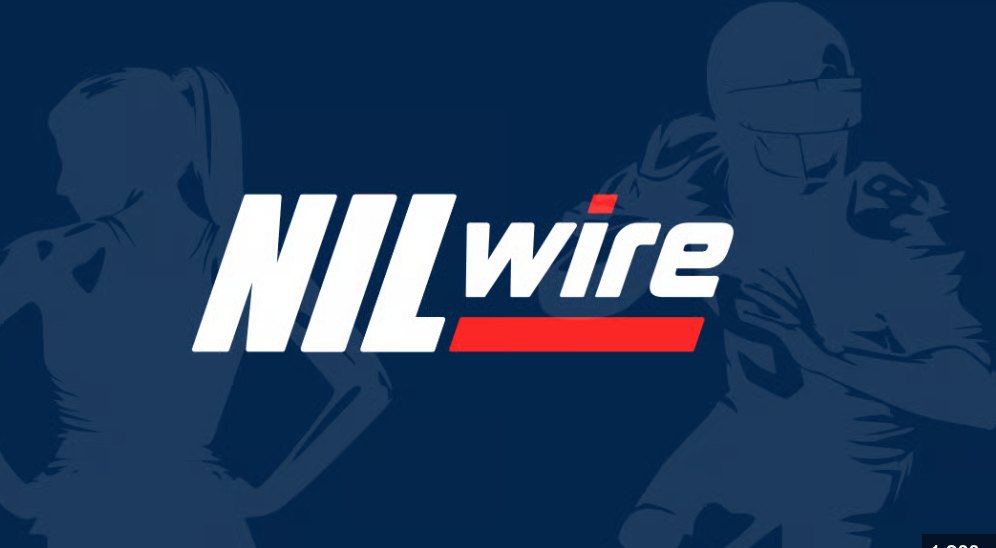Navigating NIL Opportunities: Challenges for International Student-Athletes
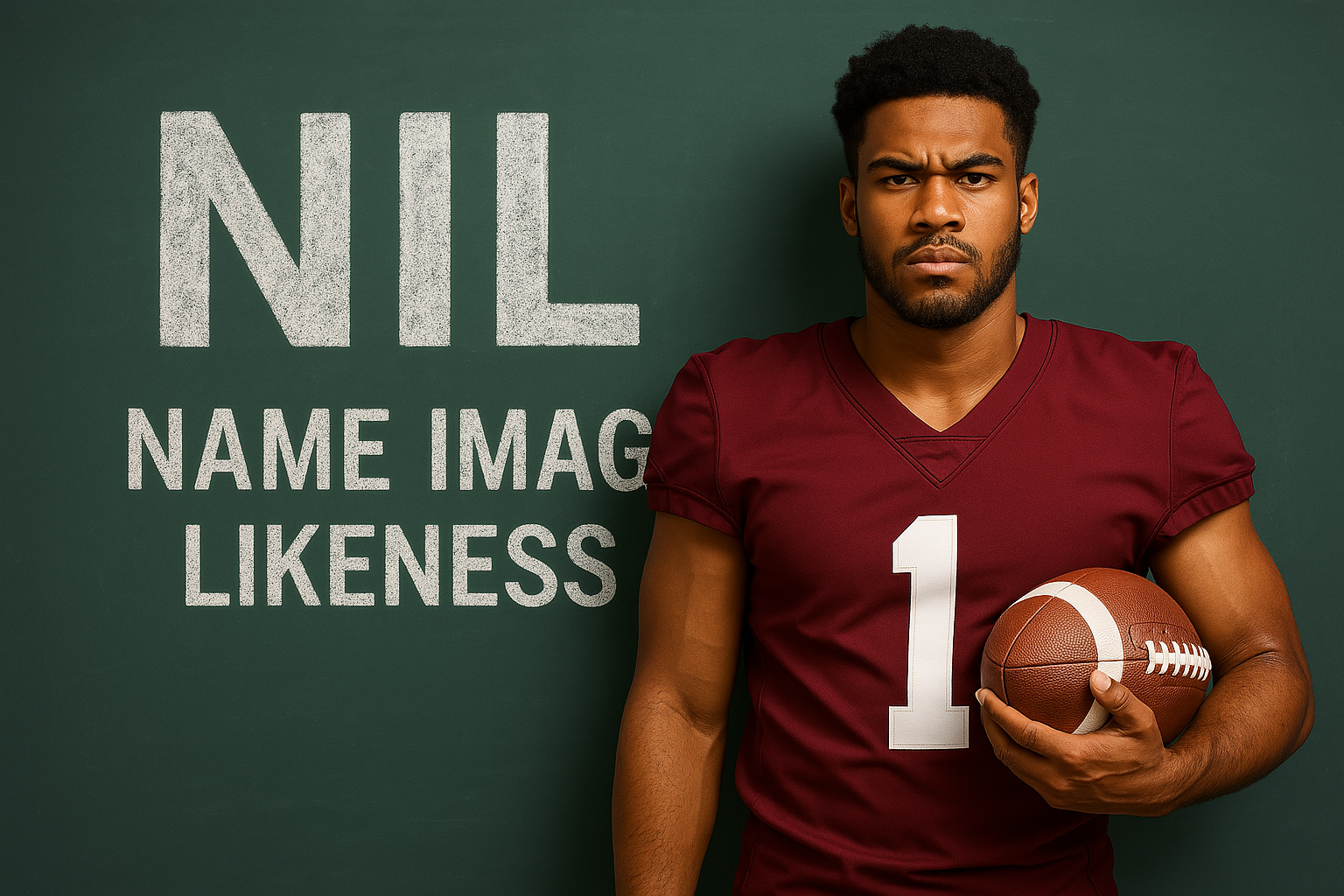
The introduction of Name, Image, and Likeness (NIL) rights has transformed collegiate athletics, allowing student-athletes to monetize their personal brands. However, international student-athletes face unique challenges in accessing these opportunities due to U.S. visa restrictions.
Visa Constraints and Employment Limitations
Most international student-athletes in the U.S. hold F-1 visas, which are primarily intended for academic purposes and come with stringent employment restrictions. These visas typically permit on-campus employment up to 20 hours per week during academic sessions and full-time during breaks. Off-campus employment is generally prohibited unless it is directly related to the student's field of study and authorized by U.S. Citizenship and Immigration Services (USCIS).Engaging in unauthorized work, including certain NIL activities, can jeopardize visa status and potentially lead to deportation.
NIL Activities: Active vs. Passive Income
A critical distinction in the context of NIL is between active and passive income:Basepath NIL Software+1Sports Litigation Alert+1
- Active Income: Compensation requiring the individual's direct involvement, such as personal appearances, autograph signings, or promoting products. For F-1 visa holders, earning active income is generally prohibited.
- Passive Income: Earnings that do not necessitate active participation, like royalties from previously completed work. While more permissible, the classification of NIL deals as passive income is complex and often uncertain.
Workarounds and Legal Considerations
Some international athletes have explored alternatives to navigate these restrictions:
- Conducting NIL Activities Abroad: Engaging in NIL opportunities while in their home countries, where U.S. visa restrictions do not apply. For instance, Aaliyah Edwards, a University of Connecticut basketball player from Canada, signed an endorsement deal with Adidas Canada during a visit home.
- Seeking Alternative Visa Classifications: Applying for visas like the O-1 visa, designated for individuals with extraordinary abilities, which offer more flexibility for employment. However, obtaining such visas is challenging and not feasible for all athletes.
Potential Consequences and Institutional Responsibilities
Engaging in unauthorized NIL activities can have severe repercussions for international student-athletes, including visa revocation and deportation. Moreover, educational institutions facilitating or overlooking such engagements may face legal liabilities.
Advocacy and Future Directions
There is a growing call for legislative and policy reforms to address these disparities:
- Policy Advocacy: Efforts are underway to create visa exceptions or new categories that accommodate the unique circumstances of international student-athletes.
- Institutional Support: Universities are encouraged to provide resources and guidance, including access to immigration experts, to help international athletes navigate the complex NIL landscape.
While NIL rights offer significant opportunities for collegiate athletes, international student-athletes must carefully navigate visa restrictions to avoid jeopardizing their legal status. Collaborative efforts among policymakers, educational institutions, and advocacy groups are essential to create equitable opportunities that allow all student-athletes to benefit from NIL rights without compromising their immigration status.
